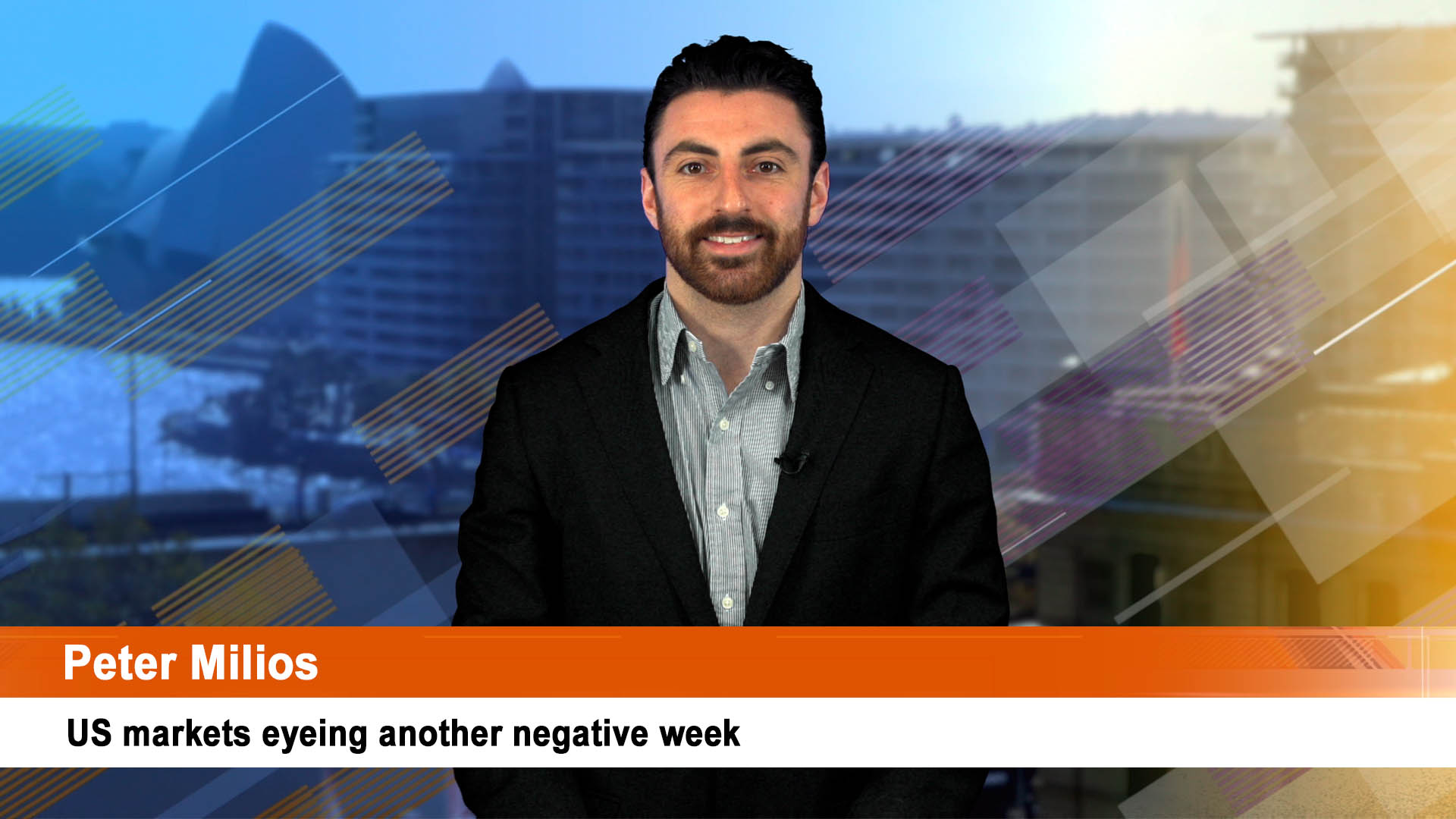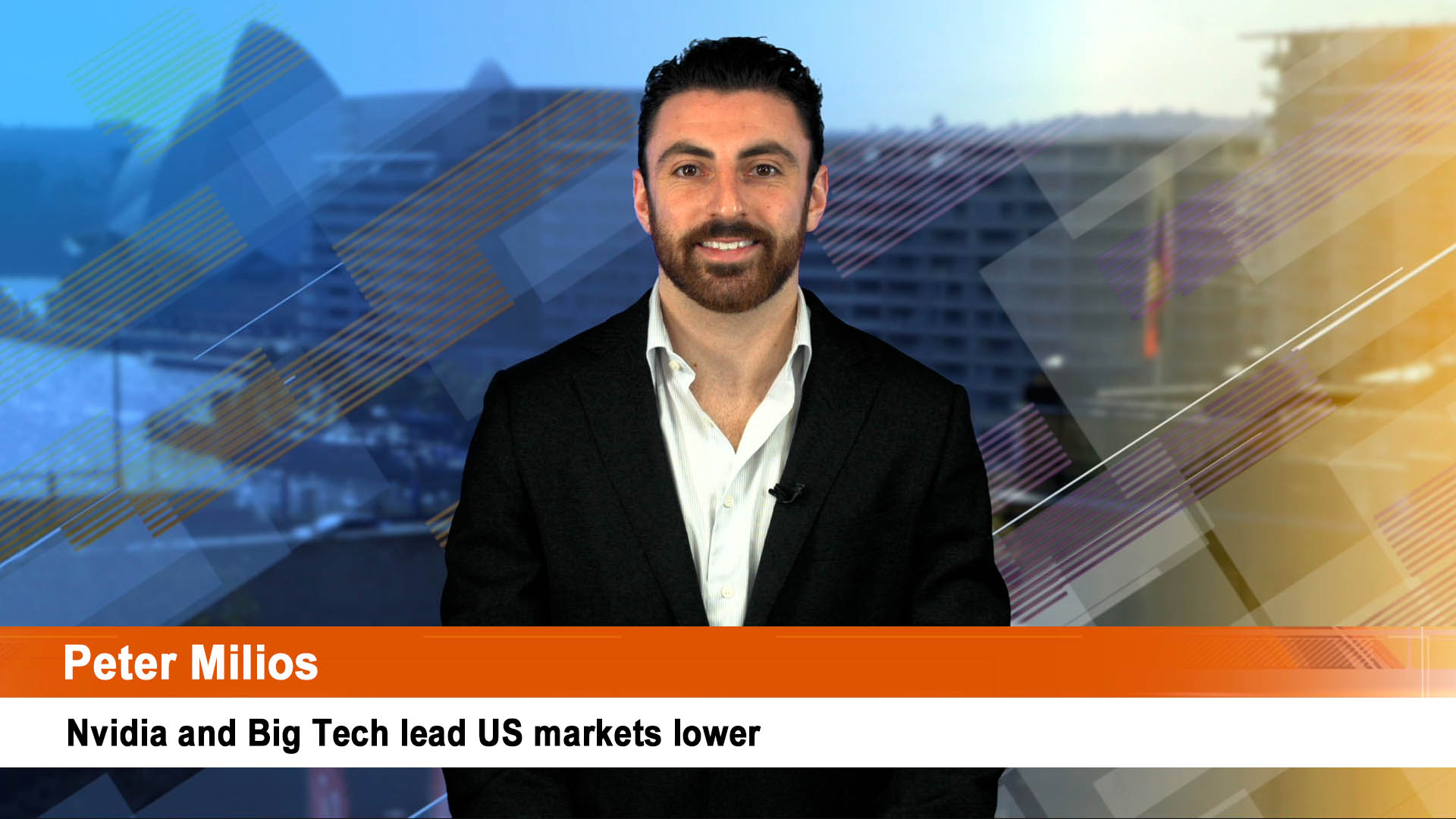For ASX-listed minnow VIP Gloves, a pre-pandemic decision to expand its Malaysian production capacity has proved a positive strategic move capitalising on Malaysia’s dominant global glove manufacturing industry.
Well before Covid-19 became an unwelcome household name, the company acquired land adjoining its existing factory at Beranang, Selangor – about an hour’s drive from Malaysia’s capital of Kuala Lumpur.
Combined with expanding VIP’s existing production lines, a planned $30 million facility incorporating 10 new production lines on the vacant site will produce more than 2.6 billion gloves by 2023 – almost triple current capacity and enough pairs for every man, woman and child in China.
While VIP is based in the home of natural rubber production, the company produces disposable medical examination gloves made from nitrile, a petrochemical-derived material which is more flexible and stable than latex.
The nitrile gloves are used routinely in the billions of Covid-19 tests and vaccine procedures – and are a vital part of the personal protective equipment ensemble.
Thus, it’s an ideal time to ramp up output of affordable but effective protective hand appendages. VIP Glove’s expansion plans have also been enhanced by approvals from medical device regulators in Europe, the US and, most recently, Australia.
Initially, VIP Glove’s expansion plans were motivated by the need for greater scale to counter poor margins. But the pricing trends since the onset of the virus tell a different story.
Pre pandemic, says VIP Gloves chairman Dr Kai Fatt (Joe) Wong, medical exam gloves were selling for around $US10 for a pack of 1000.
As Covid-19 spread around the globe, the asking price ratcheted as high as $US160 per thousand.
“At the same time raw material costs rose, but not as dramatically,” says Wong. “The margins have been very good for us.
“Volumes have also been crazy. Every time there’s an uptick in (Covid-19) cases, our phones run hot.”
The surging demand is an endorsement of the company’s foundation strategy to move from being a supplier of glove-making equipment to a glove maker. “We could see our customers were making more money than us,” Wong says.
With backing from some Australian investors, VIP Gloves listed on the ASX in 2016, via the reverse takeover of Voltage IP.
“It was a struggle in the first couple of years,” Wong says. “We couldn’t raise money during the reverse takeover and relied on funding from family and friends.”
Sadly, Covid-19 in May claimed the life of founder Wee Min Chen, aged 61.
Given VIP’s earlier hand-to-mouth existence, the ‘glove is truly on the other hand’ for the company which last month reported a circa 4000 per cent rise in net profit for the year to June 30, to $4.74 million.
Despite Covid-19 related shipping disruptions and government directives limiting staff numbers, revenue leaped 250 per cent to $48.1 million.
On the cost side, nitrile raw materials accounts for about 70 per cent of VIP’s input costs compared with about 40-45 per cent previously.
The company benefits from cheap and reliable power and – more recently – reticulated gas.
“Before the pandemic we could barely make a 10 per cent profit margin, now we’re achieving earnings before interest tax and depreciation of 40 per cent,” Wong says.
“Our selling price has risen much higher than production price increase.”
Unusually for a microcap in growth mode, VIP Gloves paid a full-year dividend of 0.23 cents per share (0.05c final and 0.18c interim).
The company intends to honor its pledge to pay out an ongoing 20-40 per cent of net profit in distributions, despite the need to fund the new facility (via internally generated cashflow and debt rather than dilutive equity).
Meanwhile, selling prices have abated to around $US50 per 1000, with a rush of inexperienced newcomers – including a property developer – trying their hand at the glove market.
Existing players such as Top Glove (the world’s biggest glove maker) have also ramped up capacity.
To date, VIP has sold on a ‘white-label’ basis to retail-facing glove suppliers. But with the requisite regulatory approvals in hand, the company is eyeing its own brands which would attract a higher margin.
“We can practically sell our products globally and I think in the next stage is to introduce our own brand,” Wong says.
In 2016 VIP Gloves operated two production lines at its existing facility, with a capacity of 432 million pieces (single gloves) annually. Current capacity across six lines is 768 million, with the planned addition of two new lines boosting output to 936 million by December this year.
The new factory is expected to produce a further 1.6 billion pieces from 2023, taking total output to 2.664 billion.
Even after this quantum expansion, VIP Gloves still will account for a sub one per cent share of the global annual nitrile glove market of 300 billion pieces.
Wong cites China where per-capita usage is a mere ten units, compared with 150-160 pieces in the US and other developed countries.
“We just need every adult in China to use just one more pair and that will give you an additional two billion pieces,” he says.
With a market capitalisation of just over $30 million VIP Gloves is dwarfed by its $4.6bn market cap ASX-listed cousin Ansell, which makes both rubber and synthetic gloves.
Wong says his company’s valuation does not reflect the “massive” – and ongoing – market opportunity.
“We don’t want to be seen as a Covid related stock,” says. “We are looking beyond the pandemic, when things come back to normal demand for nitrile gloves is still strong.”
On management’s progress to date, you’ve got to hand it to them.













